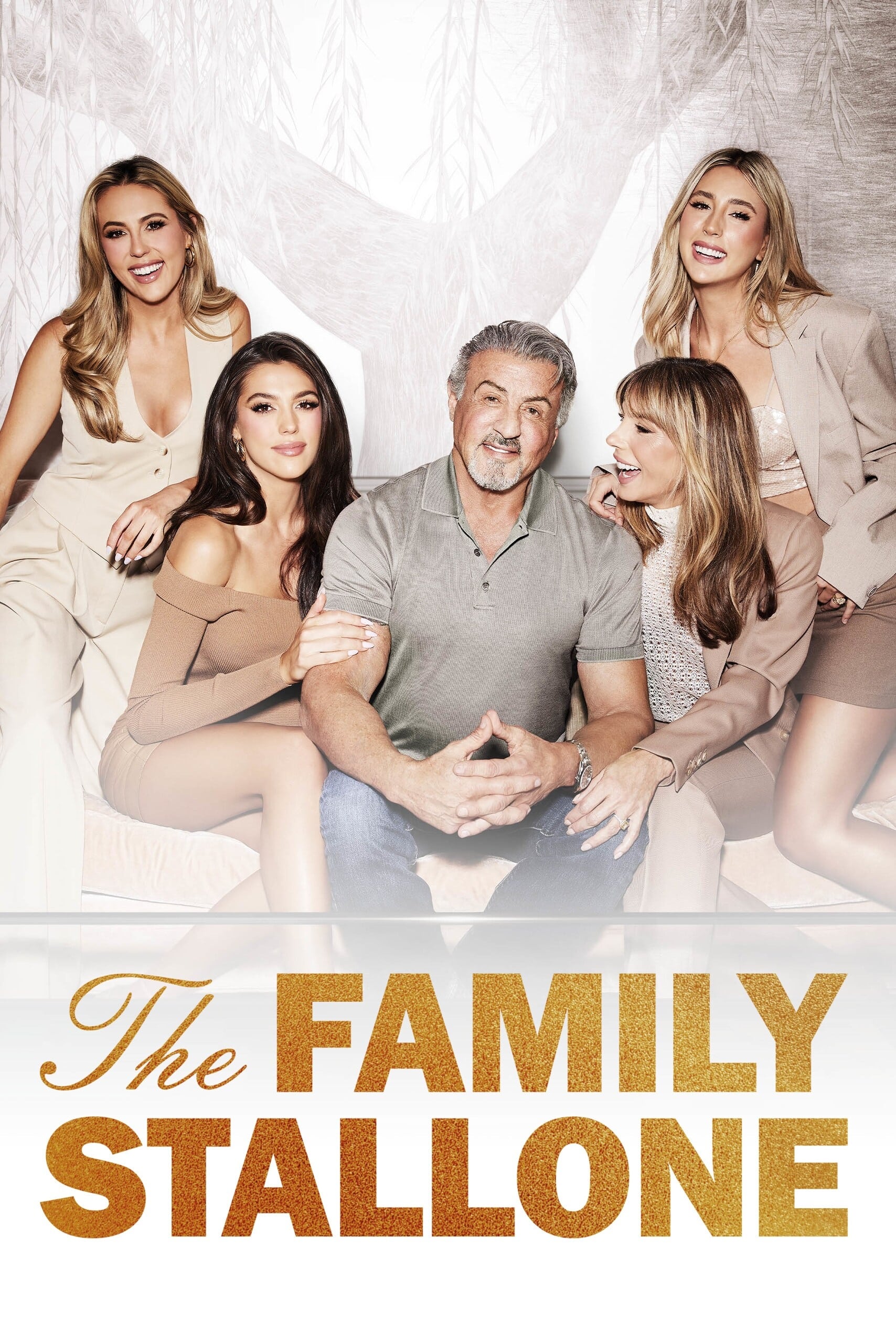
Follow legendary actor Sylvester Stallone with his wife and daughters in a direct access to their daily life.

GRUFF is a handmade, paper short film that tells the story of a daughter, mother, and grandfather and how love is conveyed in different ways.
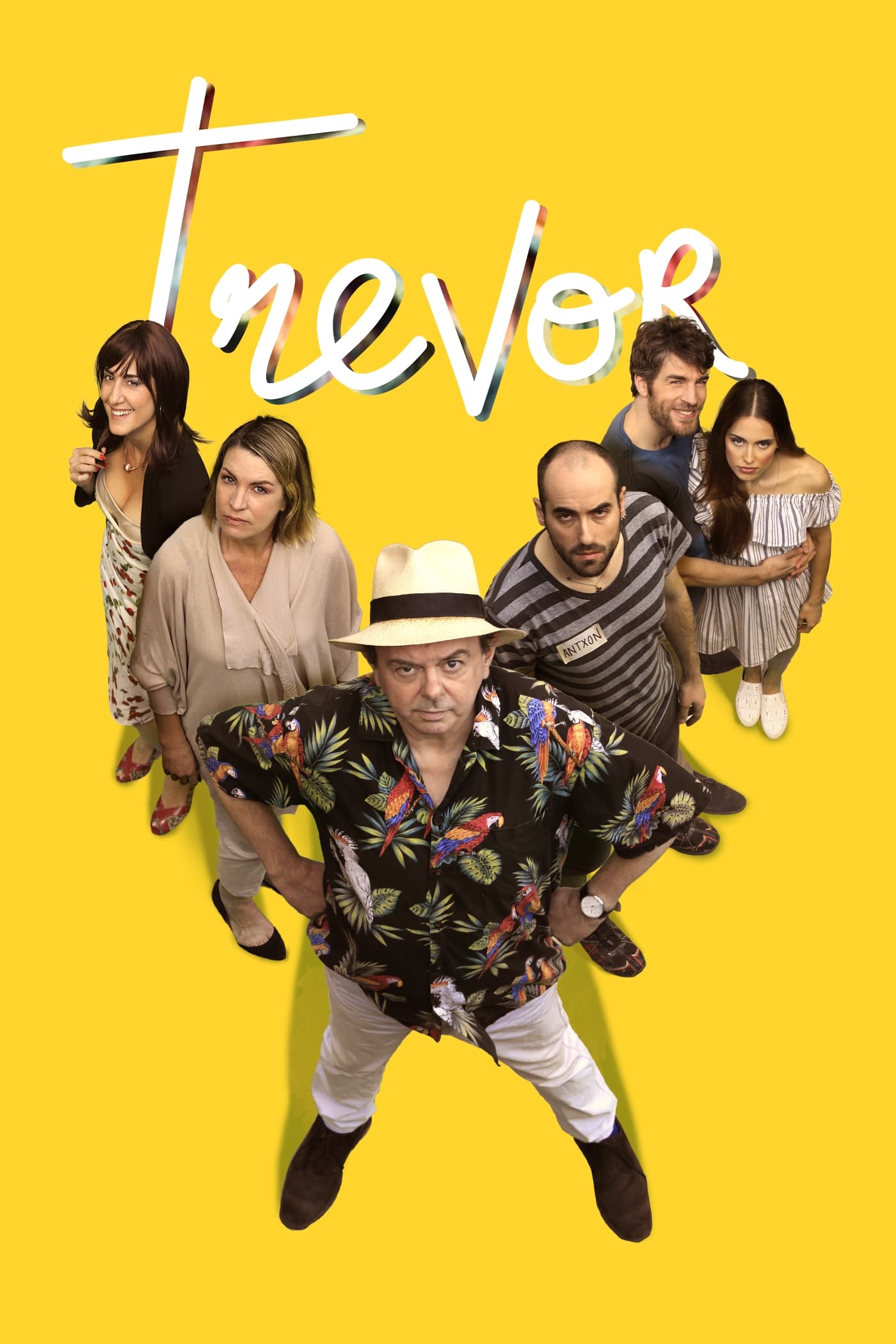
Trevor, an Englishman living in Spain, is visited by his daughter who brings information that will change Trevor's life forever.
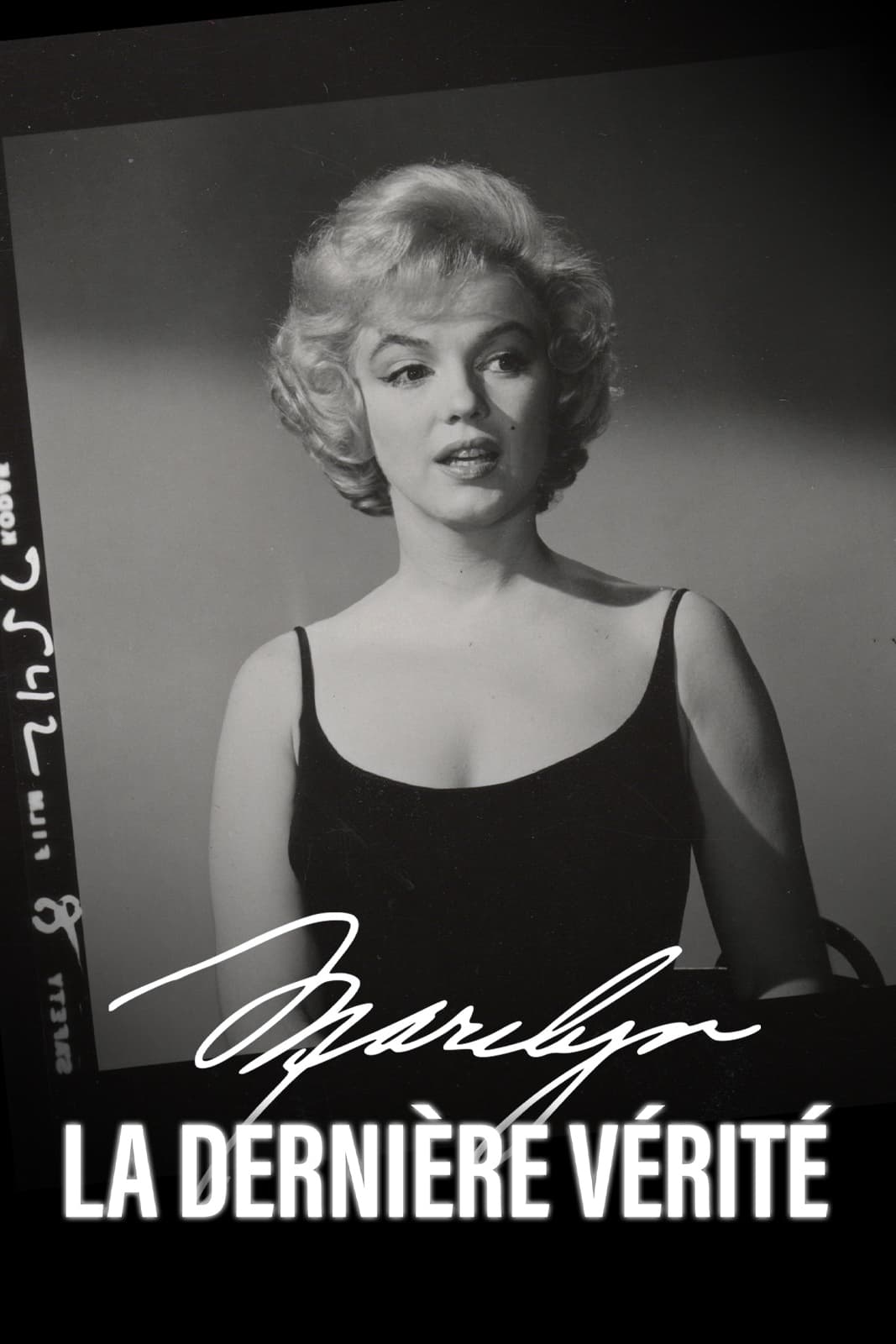
Thanks to DNA, this documentary establishes the identity of Marilyn's biological father, thus revealing her new paternal family, 60 years after the icon's death.
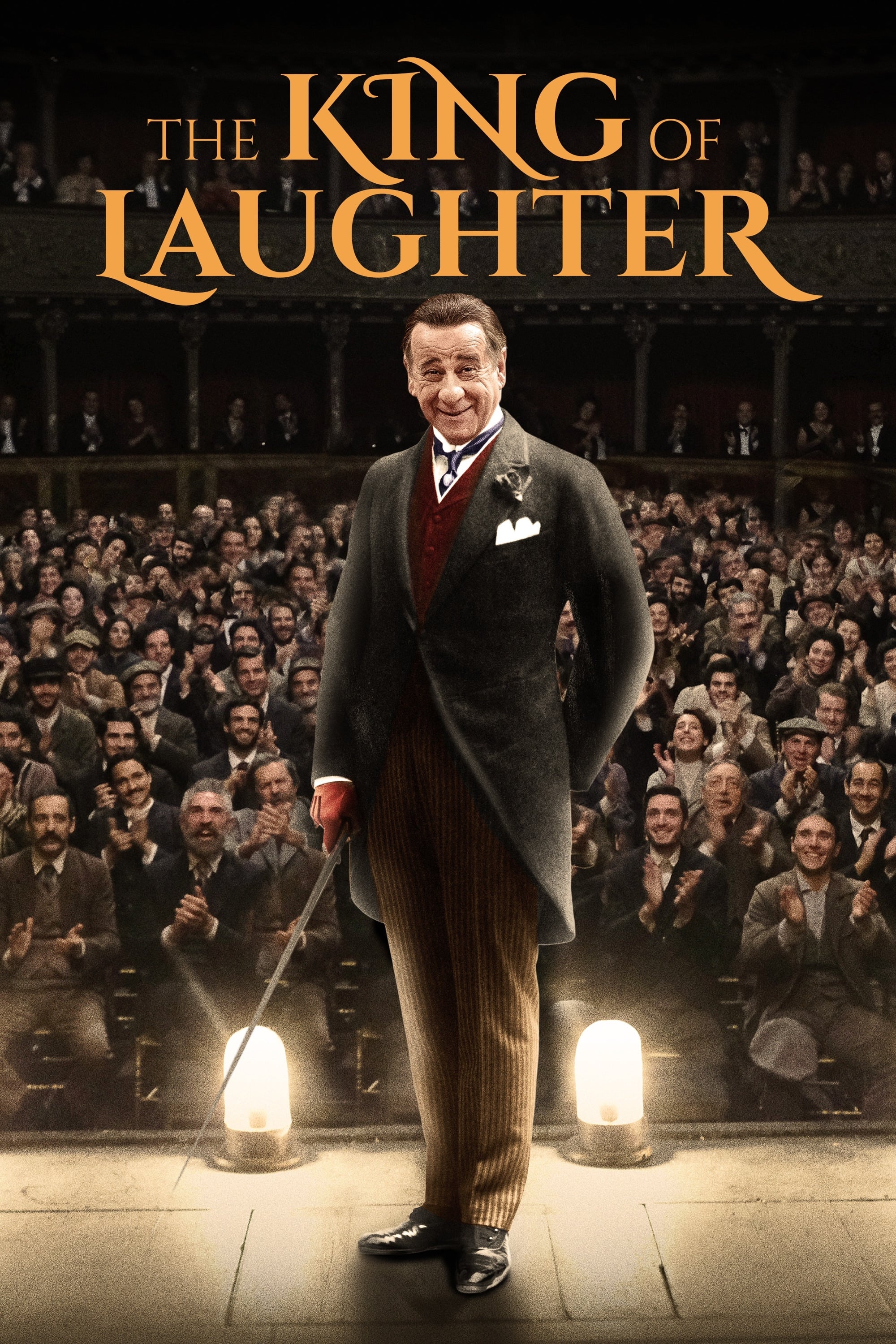
In early 20th-century Naples, a theatrical parody lands beloved thespian and playwright Eduardo Scarpetta in court, facing a malicious lawsuit that could compromise his freedom of expression and the economic security of his extended family—including his son's, young Eduardo De Filippo.
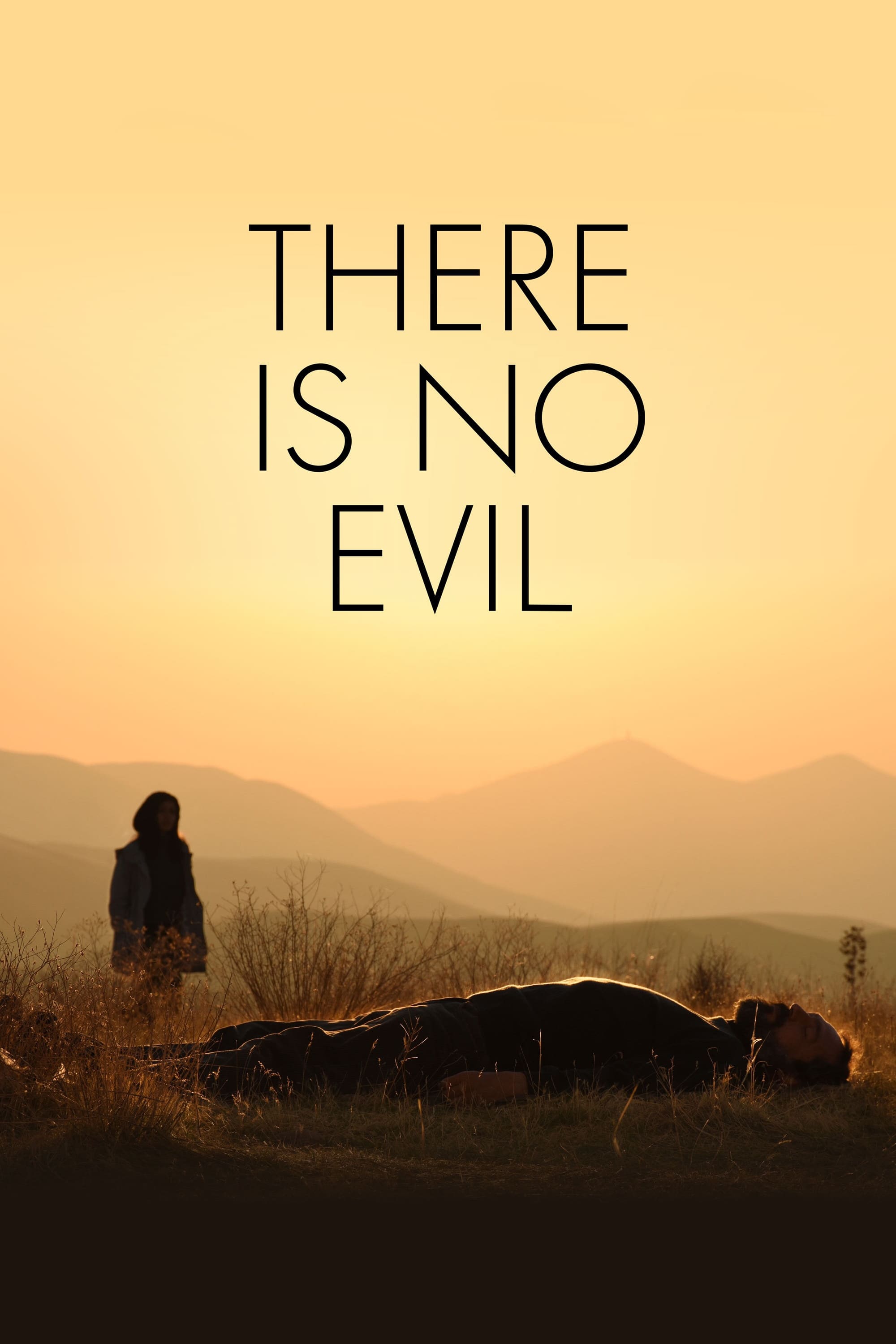
Set against the backdrop of Iran's strict and oppressive legal system, this anthology film tells the stories of four men who each face a moral crisis when having to deal with death penalties.
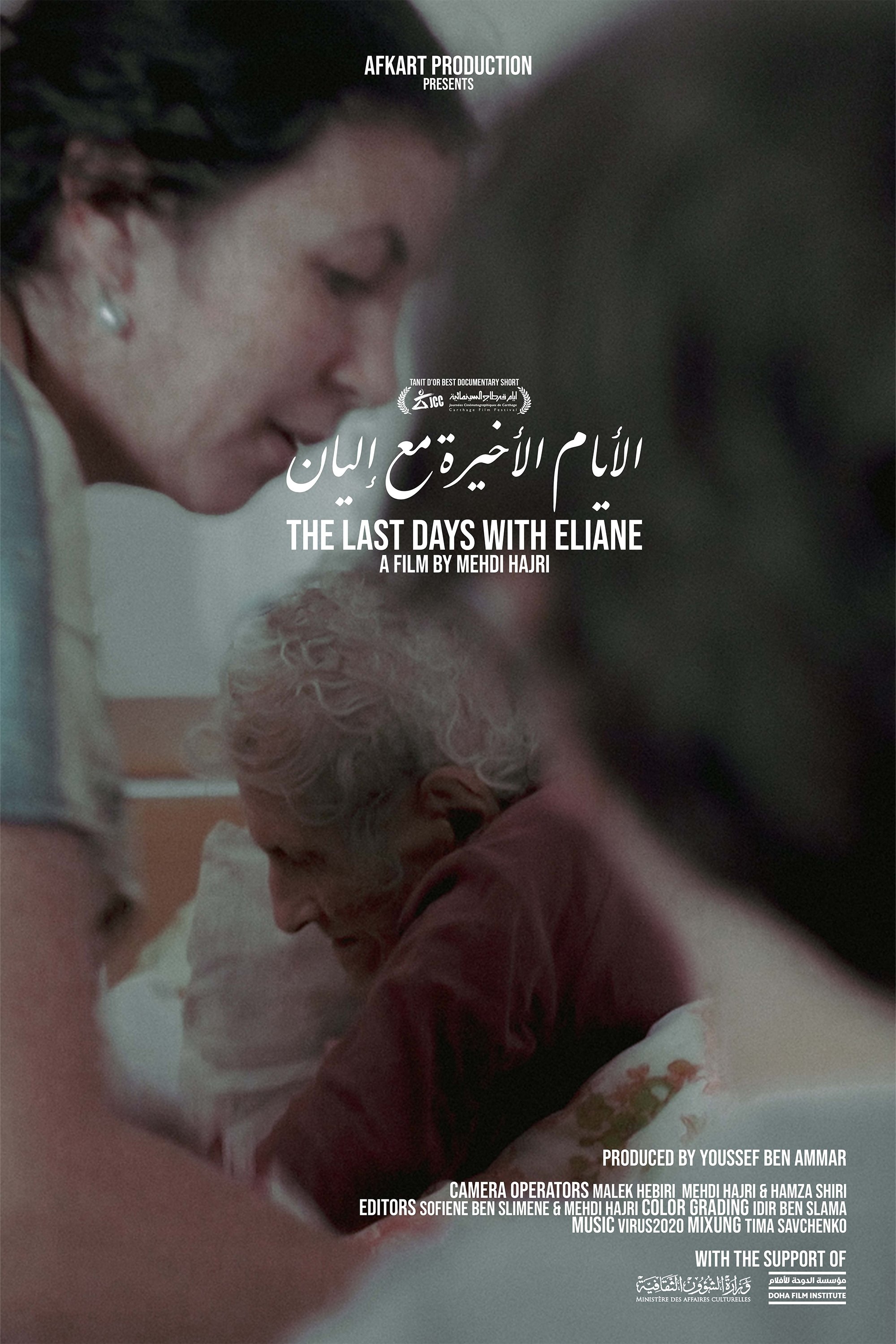
A portrait of the Director’s maternal grandmother, Eliane, a French woman who lived her entire life in Tunisia. The film shows her last moments at home with her family before her passing due to Alzheimer's disease.
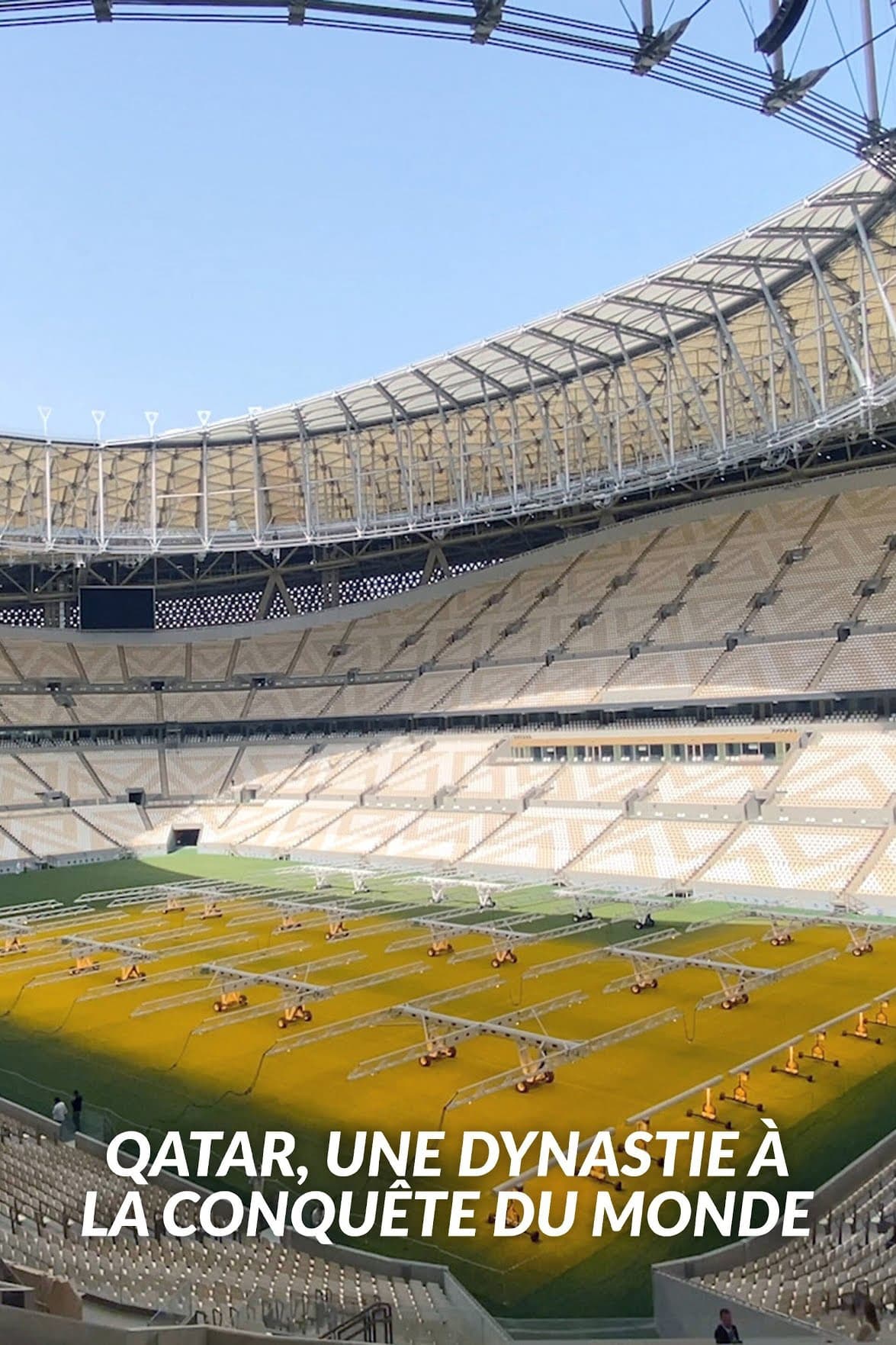
For three decades now, Qatar, this small desert kingdom, has not stopped being talked about; because of its financial power and the secrecy that surrounds it, the royal family that runs it fascinates as much as it frightens.
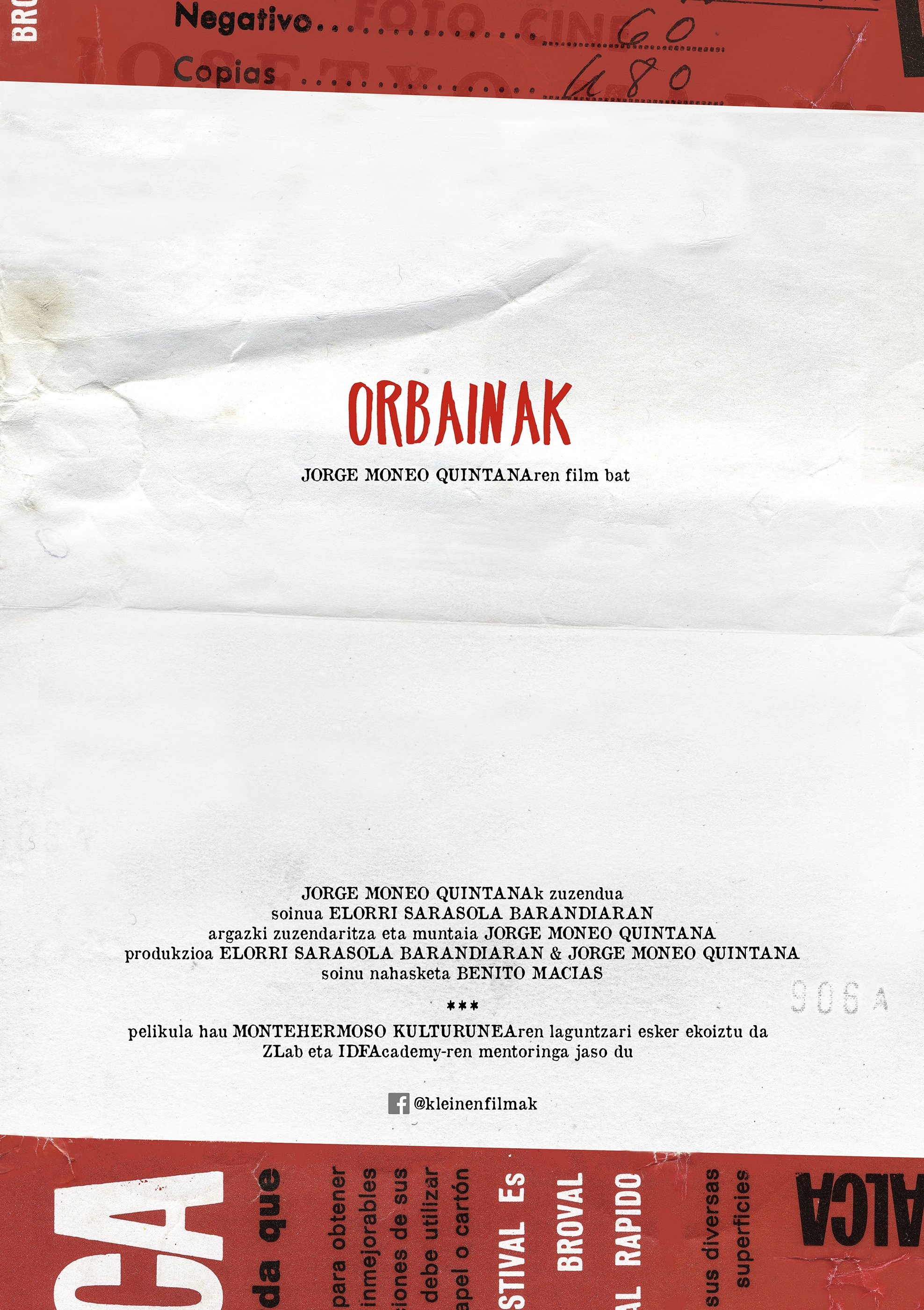
The personal stories lived by the Uncle, the Father and the Son, respectively, form a tragic experience that is drawn along a line in time. This line is comparable to a crease in the pages of the family album, but also to a crack in the walls of the paternal house. It resembles the open wound created when drilling into a mountain, but also a scar in the collective imaginary of a society, where the idea of salvation finds its tragic destiny in the political struggle. What is at the end of that line? Will old war songs be enough to circumvent that destiny?

After starting a family of his very own in the United States, a gay filmmaker documents his loving, traditional Chinese family's process of acceptance.
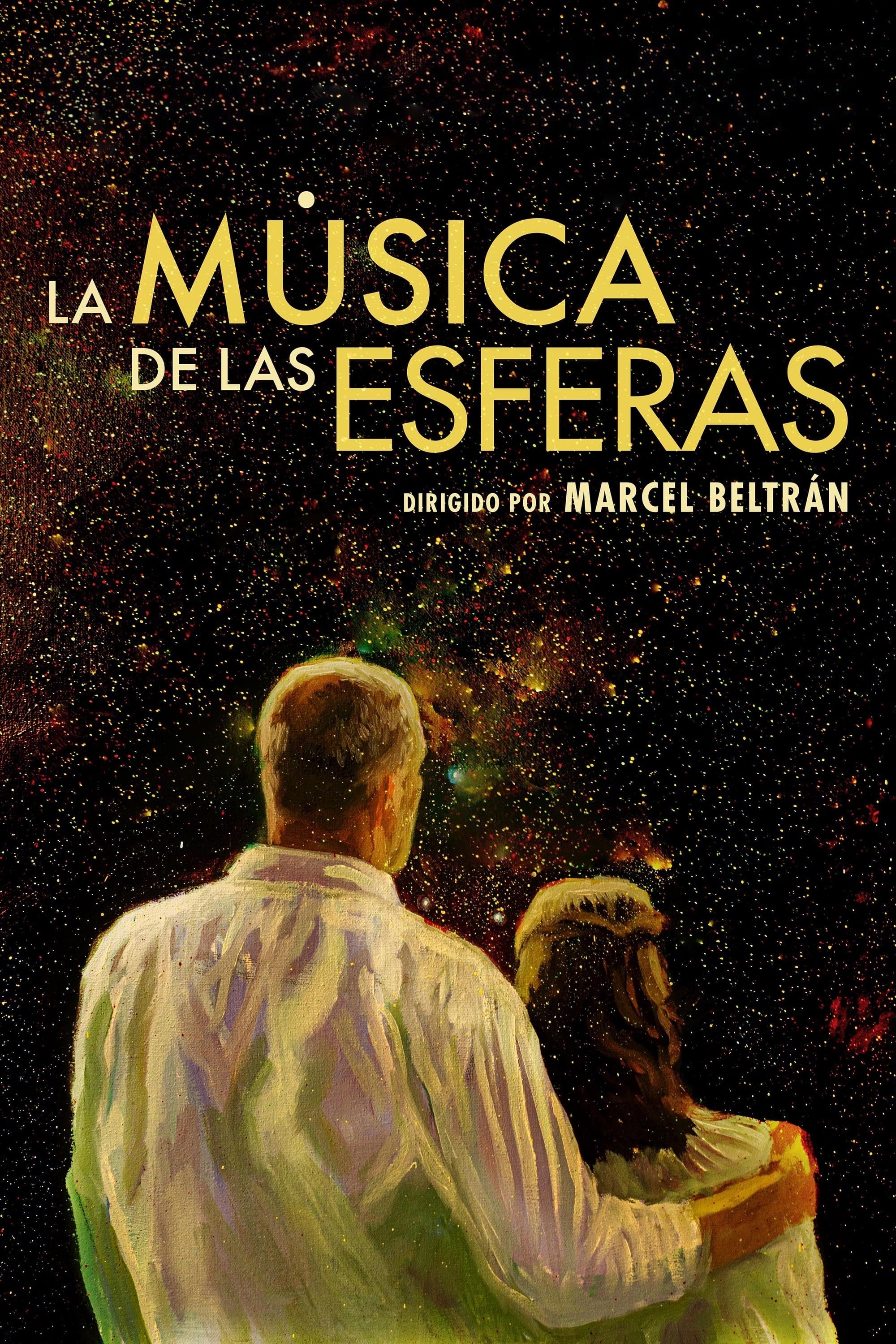
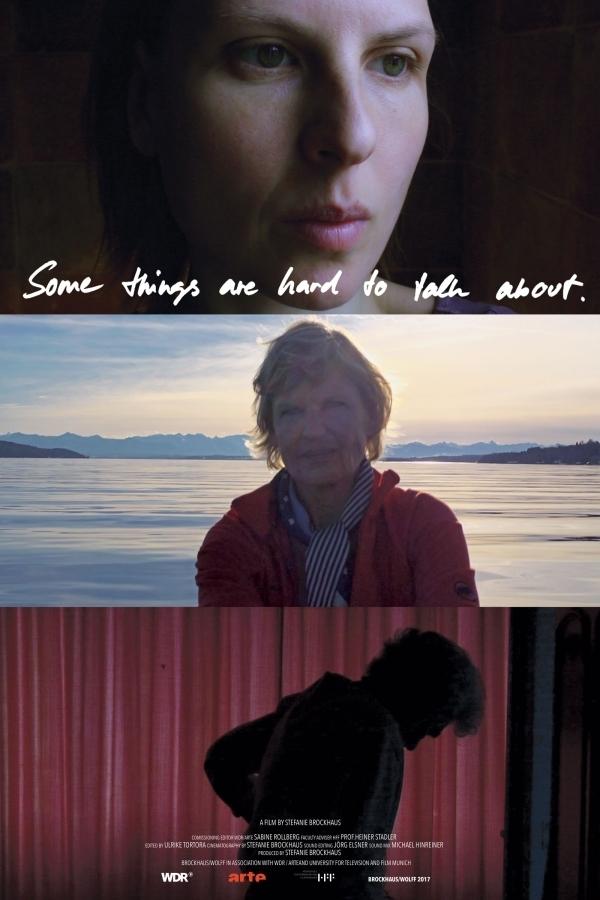
Some Things Are Hard To Talk About is a personal documentary about the secrets of abortions in my family over three generations. After I had an abortion I find out that both my mother and my grandmother secretly had abortions. An intricate story of family history, choices and resulting effects uncovers.
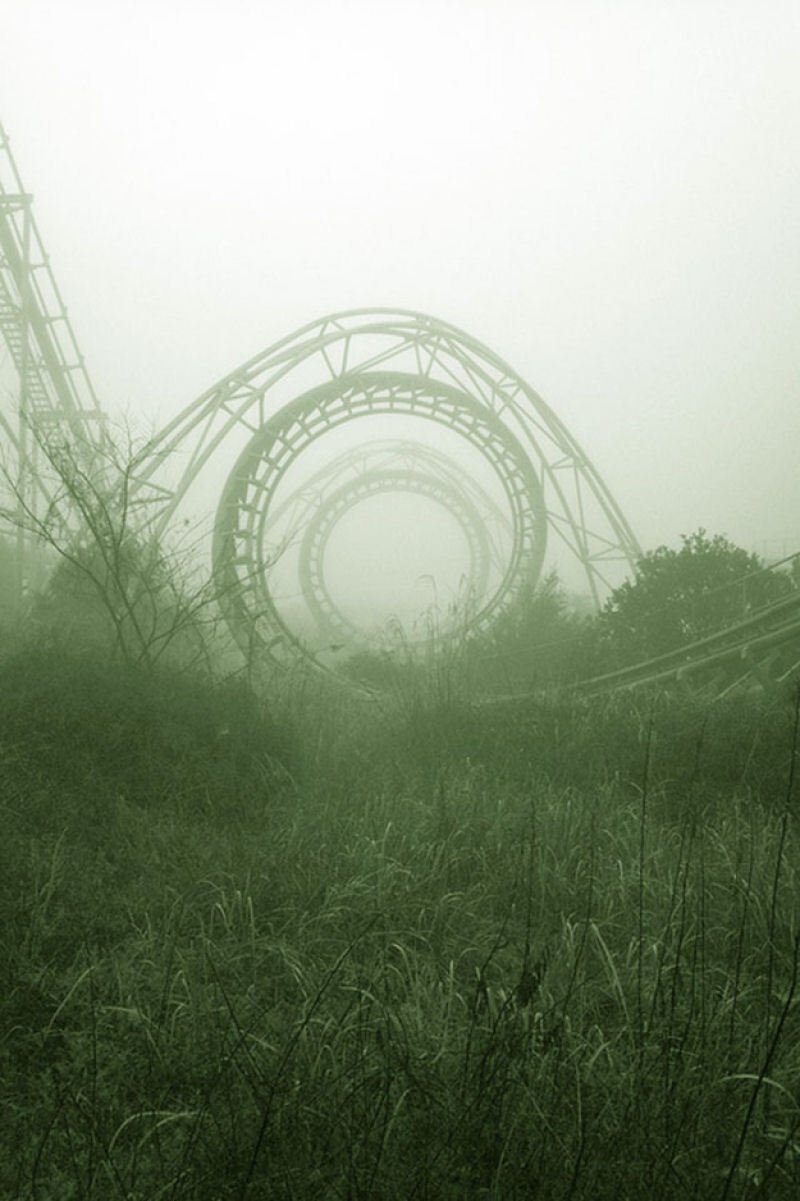
Now I lay me down to sleep, I pray the Lord my Soul to keep. If I should die before I wake, I pray the Lord my Soul to take.
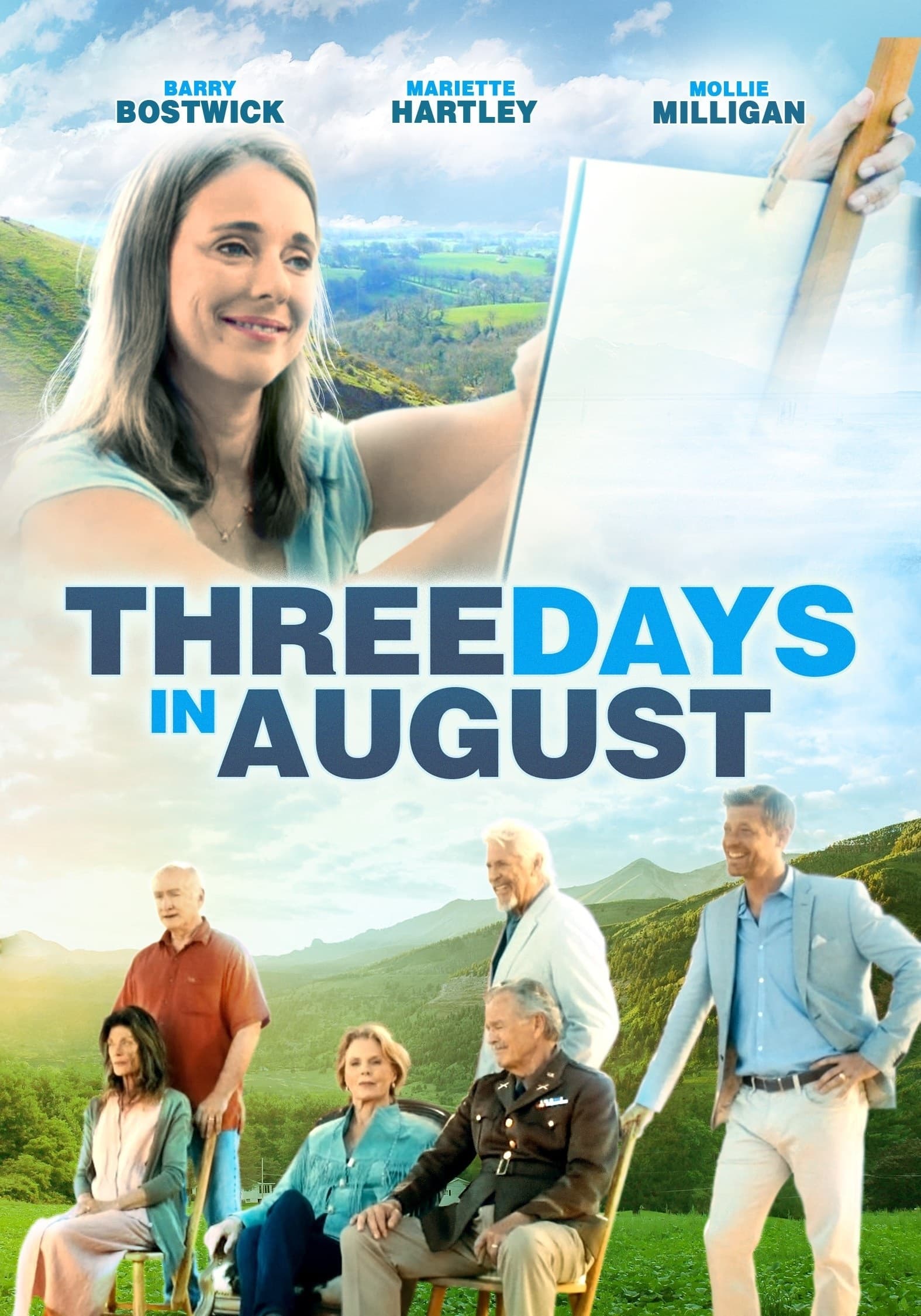
An adopted Irish American artist confronts her past when both sets of parents come together over a weekend for her to paint a family portrait.
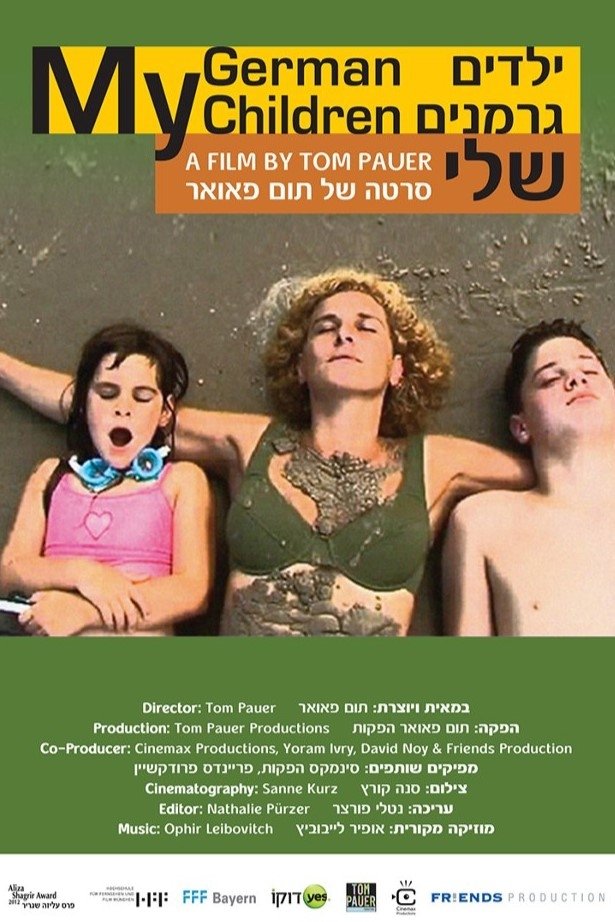
Tom Tamar Pauer's family is both Israeli and German, Jewish and Christian. When she moves to Israel with her German children after 16 years in Munich, the question of her own identity in the third generation emerges.
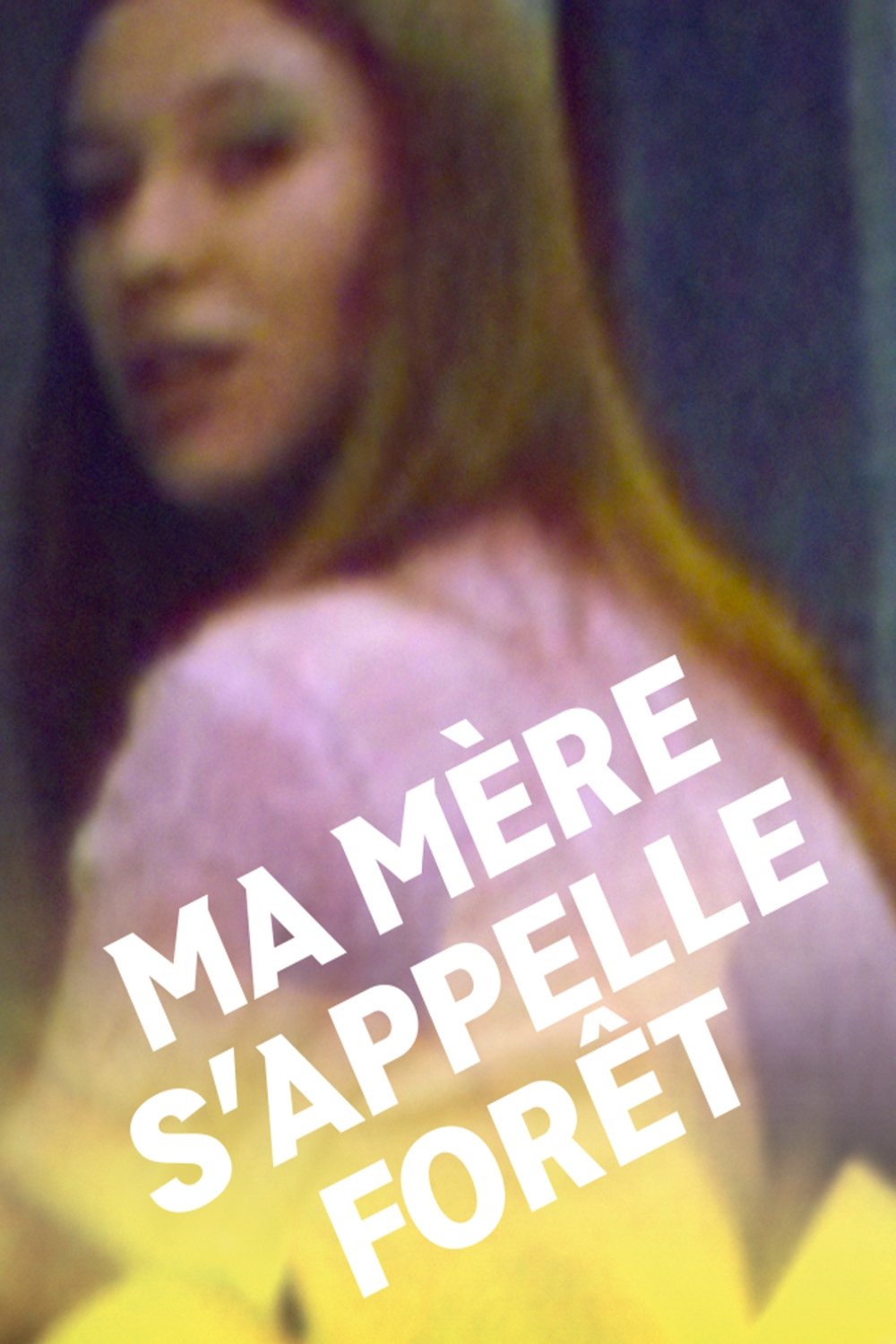
A young Dutch girl (my mother, filmed by my father in-love). A little redhead (me, filmed by my father). Boys (my brothers). And through the images of flowers, animals and rallies (super 8s that were found): A chalet (Switzerland), dikes (the Netherlands). And my memories, childhood, teenage years mixed up with the history of women (of my family).
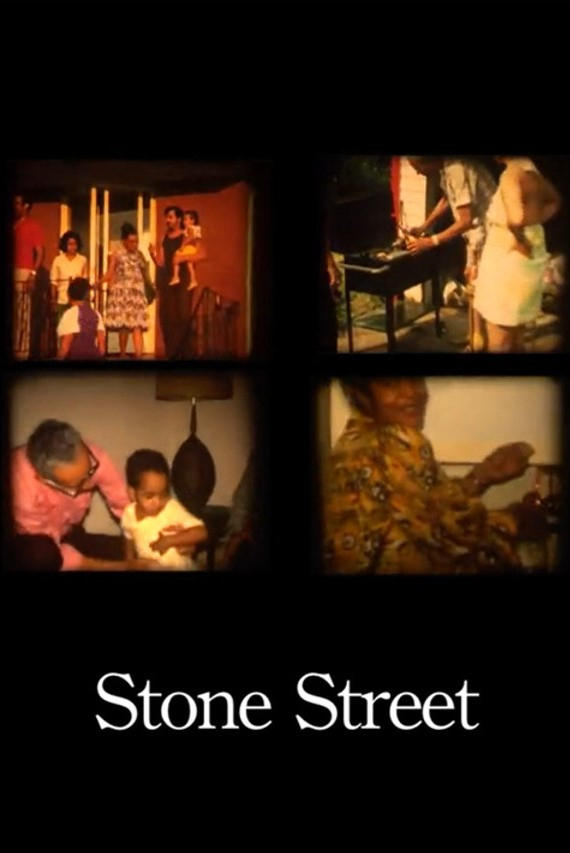
Stone Street documents the life and experiences of a Trinidadian diaspora family and their enduring connection to the long standing family home in Port of Spain. Through the intersecting journeys of this extended and extensive family, the filmmaker explores themes of home, belonging and identity in a life defined by the fragmentary nature of a migratory Caribbean culture. This experimental documentary combines a lyrical first person voice with a family archive of home made audio visual artifacts, interviews and events. As the documentary explores the fragmentary nature of Caribbean identity, it simultaneously celebrates the fragments of domestic memorializing found in home movies, videos and photographs. Stone Street uses these various forms to evoke the experience of a complex and diverse Caribbean and Caribbean diaspora identity.

In the 1950s, Louise left her husband when their children were still little. She was never heard from again. Her daughter Martine stayed in the small seaside town, where she became a doctor. Martine's daughter, Audrey, a thirty-year-old independent woman, returns to visit her parents. By chance, she finds a notebook that belonged to her grandmother, a diary that may at last explain her departure. Will it reveal the things left unsaid, that have altered the relationships within the heart of the family ever since? In it, will Audrey find answers to the questions that she is asking herself about her own future?
15 years after his documentary film “Familie Villano kehrt nicht zurück”, Hans Andreas Guttner observes the second and third generation of this once ten-member Italian family.
By browsing this website, you accept our cookies policy.